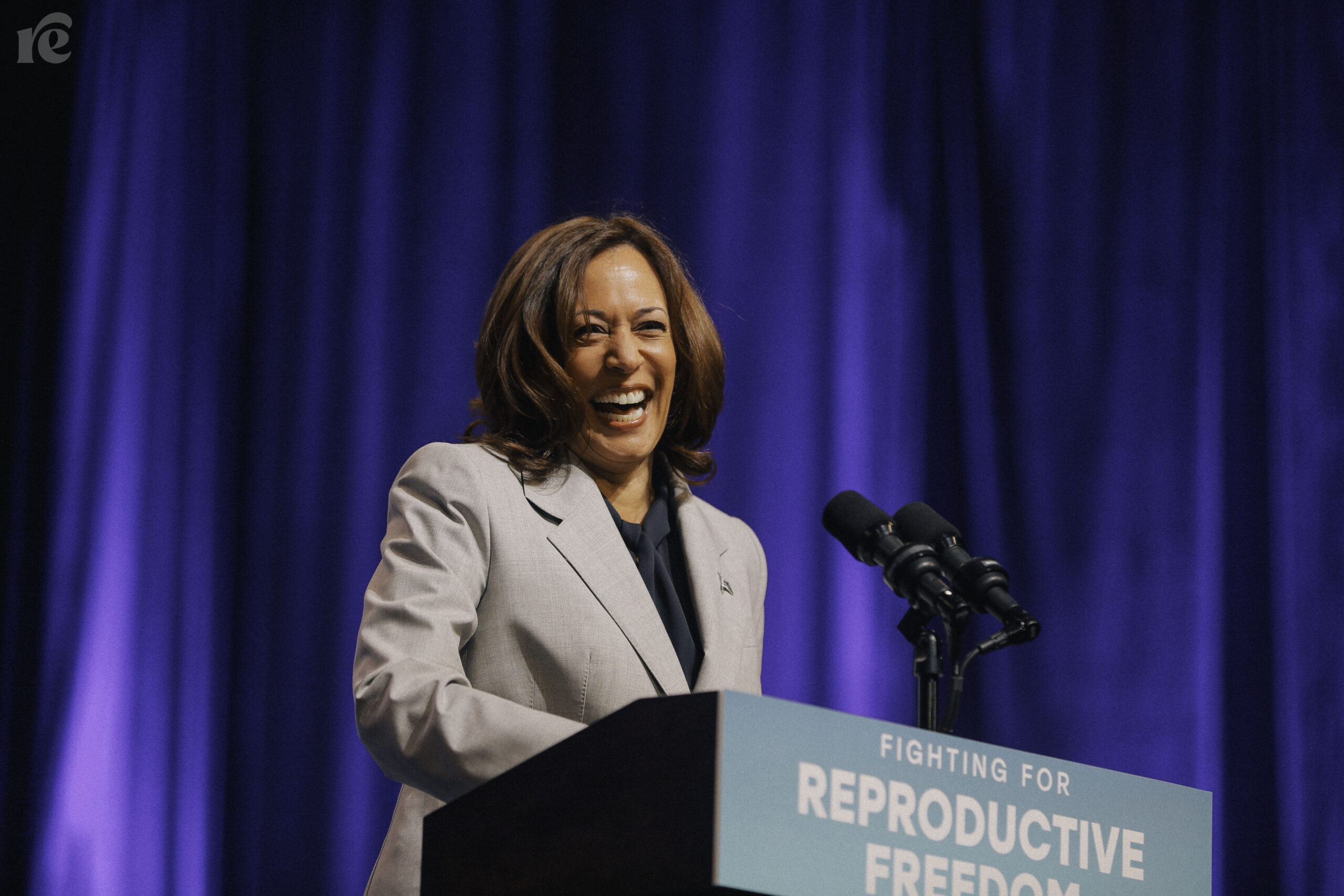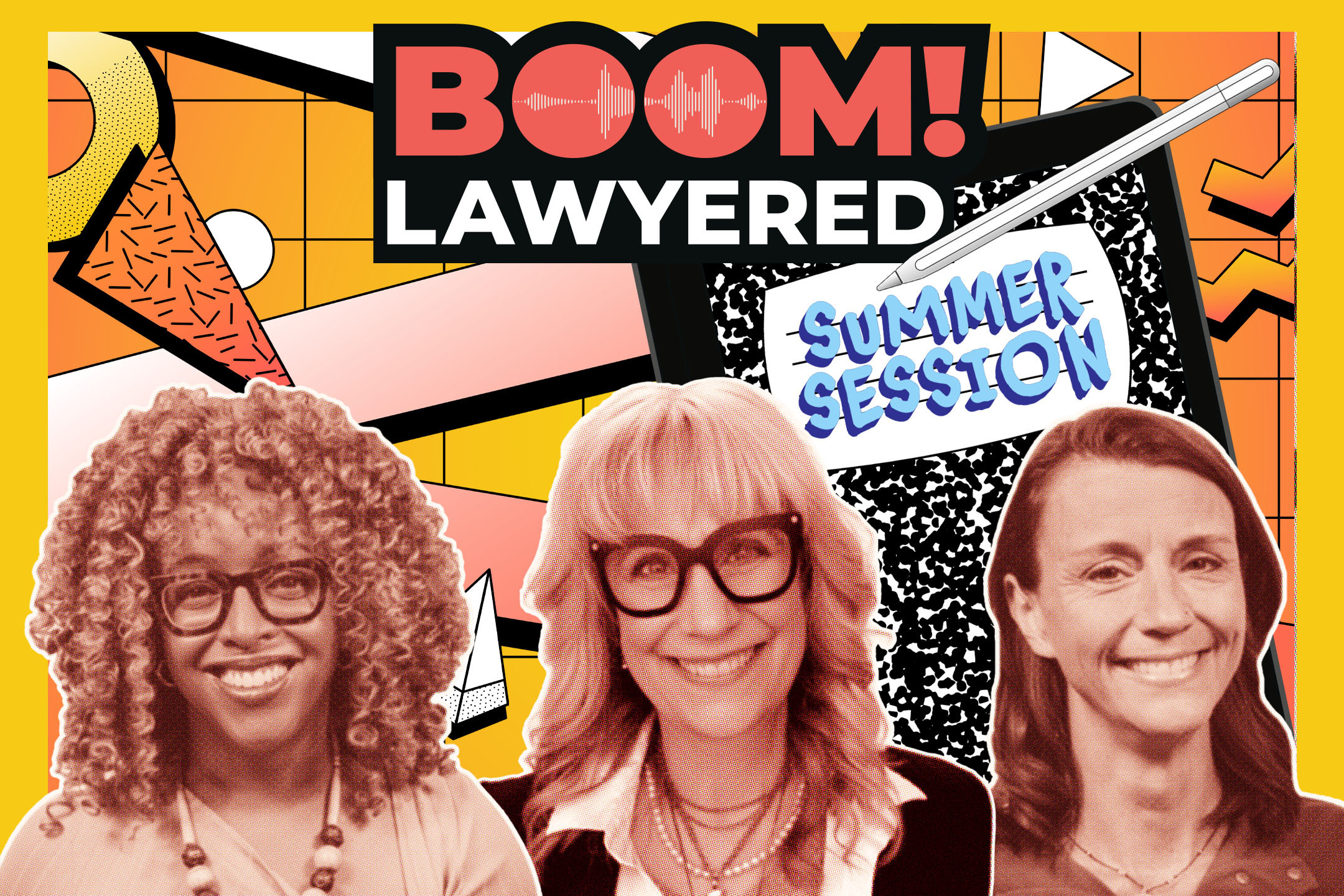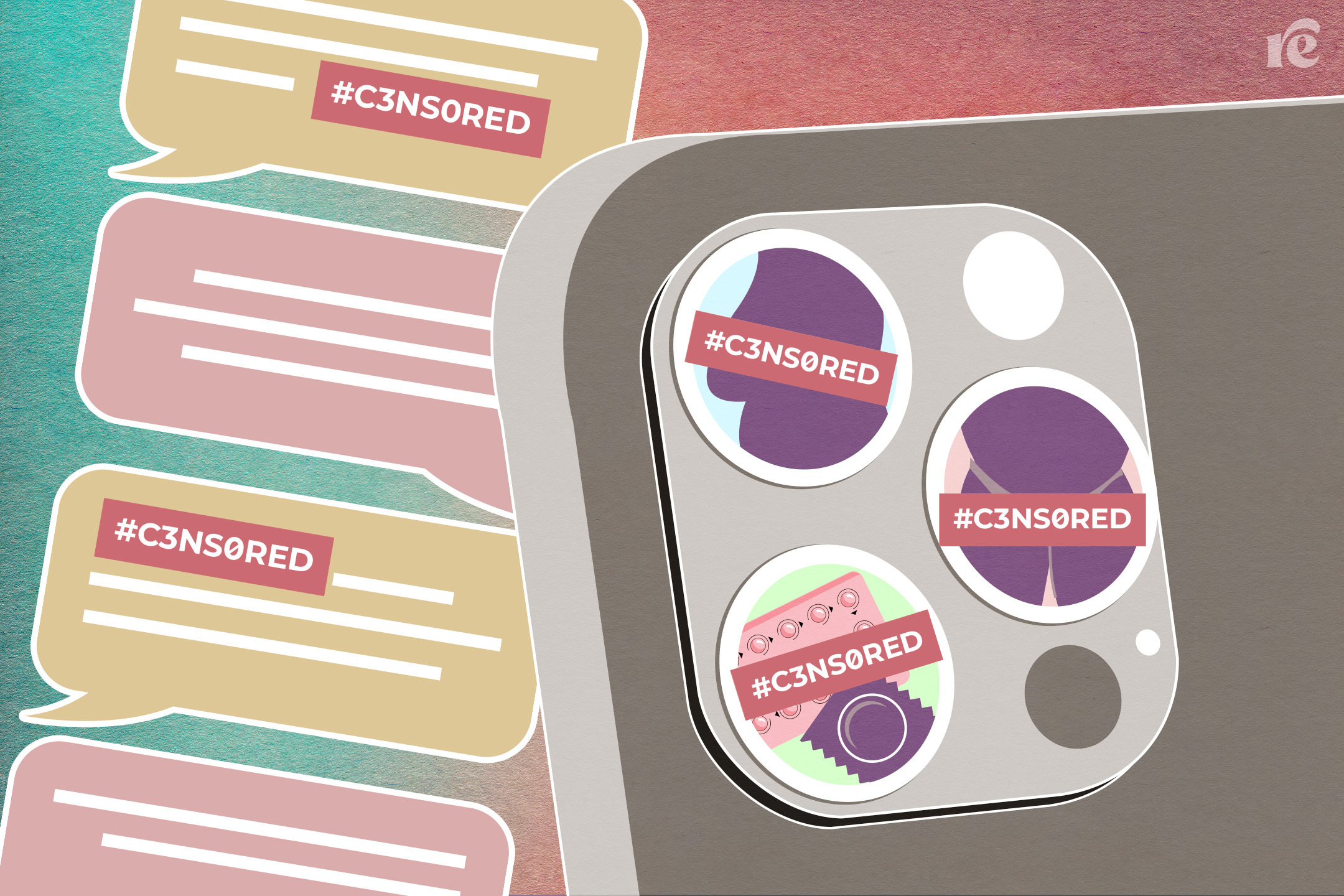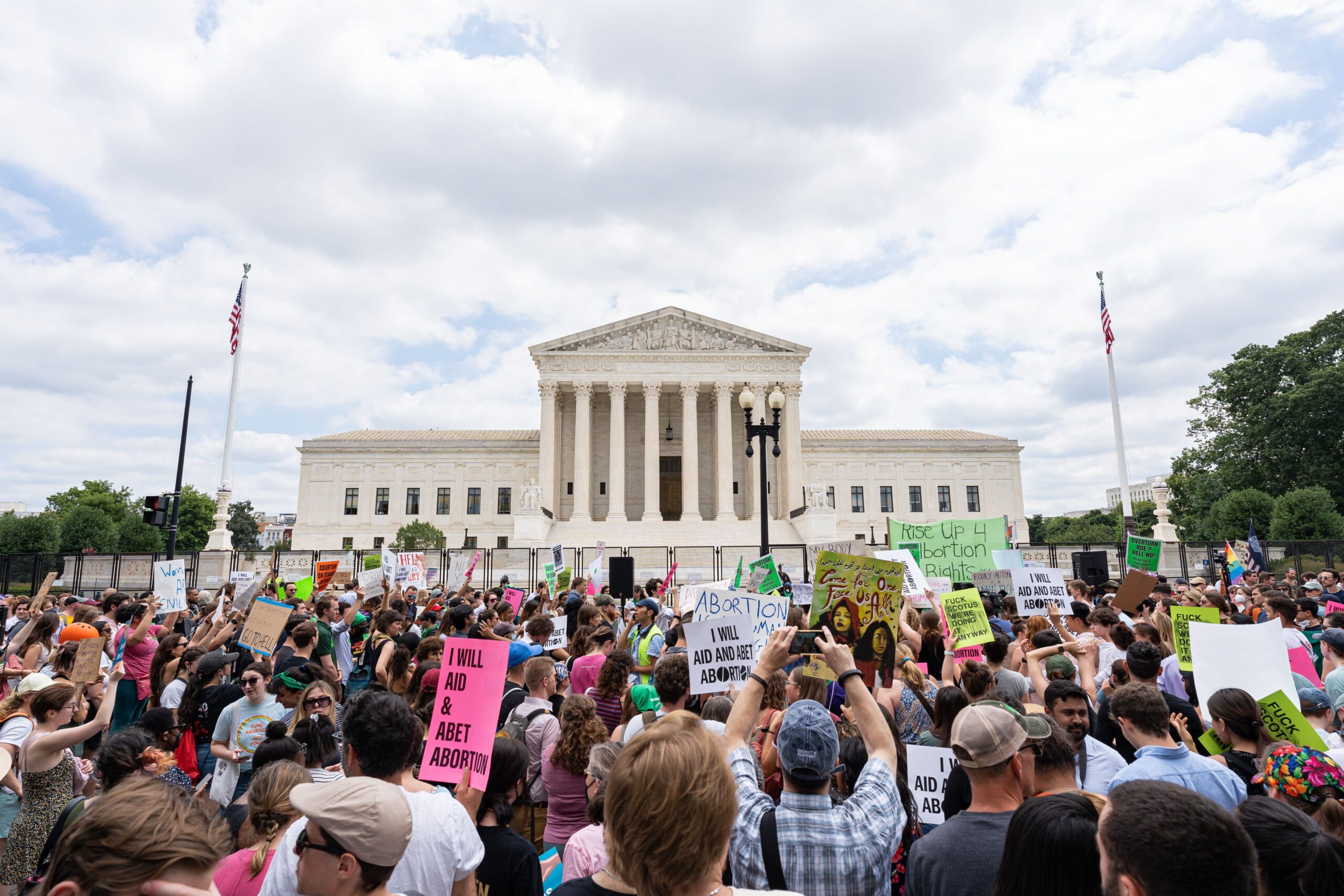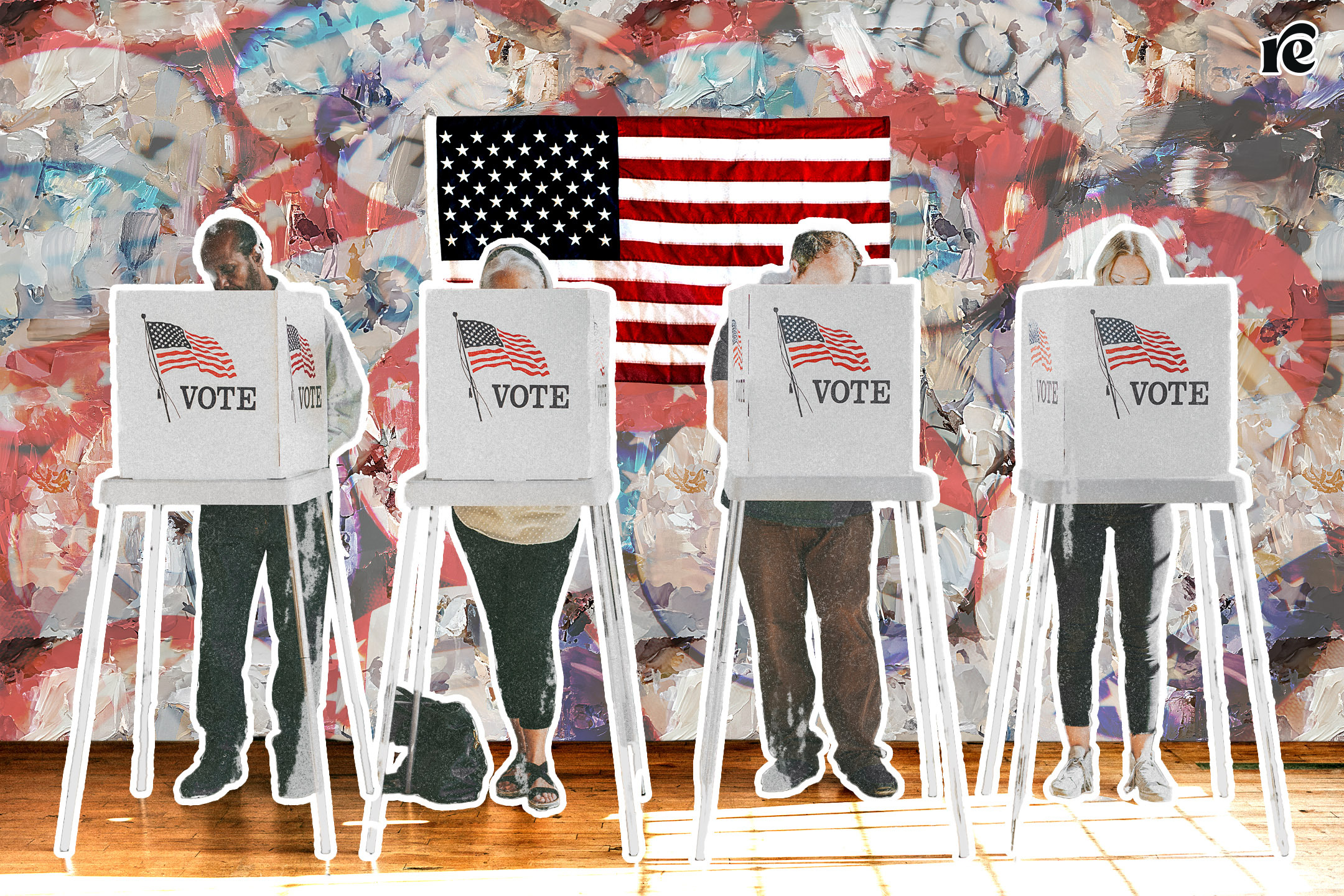Why Aren’t Disabled Tales Included in Abortion Ban Conversations?

Disabled persons are inequitably impacted by abortion bans. It’s a fact. However the realities of disabled communities accessing abortion care in a post-Roe surroundings aren’t the tales we hear about or be taught from. To be frank, they weren’t the tales we heard about or discovered from earlier than the Supreme Courtroom overturned the constitutional proper abortion, both.
In a world that continues to be rocked by COVID-19’s long-term well being impacts, why aren’t the tales of disabled individuals accessing abortion being informed? Why aren’t disabled voices being centered in media protection of the influence for the reason that Courtroom’s resolution in Dobbs v. Jackson Ladies’s Well being Group?
These questions solely led me to extra questions. Is it as a result of it’s onerous to speak concerning the methods abortion bans disproportionately influence disabled communities when anti-abortion extremists are grabbing the bullhorn to attempt to lay declare over how abortion is ableist?
It may very well be that anti-abortion activists have made speaking about incapacity and abortion on the identical time, frankly, actually difficult.
Laurie Bertram Roberts, govt director of the Mississippi Freedom Fund, is aware of that anti-abortion extremists are actually one piece of the puzzle.
“The other side acts like they own conversations about disability and abortion, and that only happens when you don’t have people at the table and people in leadership who can speak to that issue from the community,” Bertram Roberts mentioned. “We’ve conceded the conversation around disability and abortion to the right.”
As a result of of us inside the reproductive well being, rights, and justice areas haven’t made bodily areas, occasions, and social media areas accessible for disabled individuals and chronically sick individuals to take part, the realities of disabled individuals accessing abortion aren’t there. They have been by no means invited or given house to be there to start with. And when their voices aren’t even current to be heard or included, it leaves rather more house for the claims of anti-abortion extremists to take up house within the public dialogue round abortion entry.
Anti-abortion extremists declare they’re on the “right side” of incapacity rights as a result of if abortion didn’t exist, nobody with disabilities can be aborted. The fixation on the potential of “saving” the lifetime of a disabled particular person utterly overlooks the dilemma that neither facet is centering the experiences and reproductive autonomy of disabled individuals once they get pregnant.
However anti-abortion extremists’ unhealthy abortion takes haven’t stopped us from reclaiming areas as storytellers and specialists earlier than.
Is it due to the power infantilization and desexualization plaguing public notion of disabled individuals?
“We have to start on the basic level”
Traditionally, disabled individuals have been infantilized and desexualized due to the social impacts of ableism. When a whole neighborhood of people that (spoiler alert) do have intercourse are metaphorically sterilized, it is sensible why disabled individuals’s realities aren’t centered in conversations about abortion—as a result of for an abortion to be wanted, intercourse has to occur first.
Bertram Roberts needs the tales of disabled individuals have been informed extra wholly, intercourse and all.
“Disabled people fuck,” Bertram Roberts mentioned. “We fuck, we have kids, we have whole lives.”
These complete lives Bertram Roberts describes are utterly disrespected and erased by the internalized stigma and assumptions that communities, together with these inside the pro-abortion motion areas, have about disabled individuals.
This resonated with Vilissa Thompson, a South Carolina-based social employee and author.
“Folks aren’t thinking about disabled folks having this kind of need, in general,” Thompson mentioned. “We have to start on the basic level on the ableism of people desexualizing disabled folks. This stripping of this part of disabled folks’ personhood is striking.”
As these narratives compound with our societal failure to offer significant assets and assist to disabled individuals, usually instances when disabled individuals get pregnant, they’re selecting abortion as a result of of the best way our health-care techniques perpetuate ableism. As a disabled particular person and because the govt director of a Southern abortion fund that will get calls from all around the state of Mississippi, that is no shock to Bertram Roberts.
“Mississippi is a state that won’t even expand Medicaid, so we have hundreds of thousands of people who don’t have insurance,” Bertram Roberts mentioned. “We have people—I can’t even count how many people—who call and need funding for abortion because they have high blood pressure, diabetes, chronic health issues, but they don’t have health care and you can’t just fix that in the first three months of pregnancy. You can’t just start caring for people when they start gestating a baby. That includes disabled people. We need to be treated justly when we’re pregnant.”
So the place can we go from right here?
How do the experiences of disabled communities cease getting erased from the narratives round reproductive and sexual well being care?
For Rebecca Cokley, the Ford Basis’s U.S. incapacity rights program officer and an individual with a number of disabilities, it begins with taking a step again, observing the place our internalized biases towards disabled individuals come from, and following the lead of incapacity justice leaders’ messaging.
“I do really think it starts with the messaging,” Cokley mentioned. “I think so often when people think about the need for people with disabilities to access abortion, it’s really grounded in a lack of society allowing us any sort of sense of bodily autonomy and also a sense of overprotectivism and paternalism.”
Simply as we have to destigmatize all abortion care and emphasize how regular it’s, together with the normalcy of self-managed abortion, we ought to be listening to the conventional abortion tales of disabled individuals.
“The idea is often that, ‘Of course people with disabilities who are pregnant would need to access abortion, no one would need to carry a child that could have what they have or of course people with disabilities need to access abortion, people like that are unfit to parent,’” Cokley mentioned. “And it’s not ever grounded in, ‘Of course people with disabilities may need to access abortion. Because it’s Tuesday, and they want to have an abortion.’”
This situation round disabled individuals being unfit to father or mother is a private one for Cokley, a mom of three. When she had her daughter in 2013, Cokley mentioned, the anesthesiologist “openly advocated for my sterilization on the operating room table.”
“There’s such a history, whether it be in the medical industrial complex or in the court system of people with disabilities not having the basic right to make choices about their bodies,” Cokley mentioned. “We can obviously reference the fact that Buck v. Bell is still precedent.” (In 1927, the Supreme Courtroom dominated in Buck v. Bell that forced sterilization of ” the unfit” was utterly authorized. “The unfit” included individuals with mental disabilities. Nearly a century later, violating the autonomy of disabled individuals remains to be protected by our nation’s highest courtroom—but one more reason why we’ve got to expedite expanding the Court, however I digress.)
The reproductive well being, rights, and justice actions additionally want to create space for disabled individuals of every type to really feel comfy sharing that we’re disabled, have intercourse, get pregnant, father or mother, and have abortions, because it impacts how we ought to be handled when getting the care we’d like. This may appear to be analyzing in-clinic accessibility like having interpreters and accessible tools and areas.
“Some of that ignorance and omission fails to highlight what it means to be a disabled person trying to get any type of care,” Thompson mentioned. “I know that for wheelchair users like myself, many facilities and clinics do not have examination tables that can accommodate us. Many of our doctors’ offices don’t even have an accessible weight scale for some of us, much less an examination table.”
Past in-clinic areas, it additionally appears to be like like contemplating whether or not or not disabled individuals really feel secure even disclosing their incapacity standing in abortion advocacy areas.
This one resonates deeply with me. As somebody with an invisible incapacity who will be mistaken as being able-bodied, my very own internalized ableism usually prevents me from even voicing that I’ve disabilities that influence how I present up at work, how I navigate house. My expertise shouldn’t be unusual.
“As with most movements, unless it’s the disability rights movement, [we as disabled people are] often in the room but not recognized as being in the room,” Bertram Roberts mentioned. “Quite a few folks who have invisible disabilities or chronic illnesses, but ableism keeps them from speaking out to be part of the community.”
Centering disabled individuals means making use of a extra intersectional evaluation to the work all of us do. Once we listing communities which are impacted most by abortion bans, persons are not restricted to having one id among the many many. Oftentimes, individuals maintain multiple id that makes all of them the extra burdened by the -isms of our nation.
“One thing that folks should try to do is understand that these are intersecting identities,” Thompson mentioned. “When we talk about Black folks, there are Black disabled folks. There are Black disabled folks who are queer. When we fail to have intersectional conversations about what these experiences mean for accessing abortion or other reproductive or sexual health resources, that matters too.”
“Even in disability narratives, the intersectional viewpoint matters tremendously as to how you’re treated when you’re looking for information or services whether it’s abortion, family planning information, becoming a parent and having these systems judge you when it comes to your competency,” Thompson added. “This is missing from the conversation so that we’re not just applying a blanket statement to disability and abortion or disability and reproductive health—we are understanding that we’re experiencing these systems very differently based on how we look or how we present.”
There’s quite a lot of work to do to utterly incorporate, embrace, hear, and reply to the tales and realities of disabled individuals accessing and advocating for complete reproductive well being care. However maybe all it takes is shedding internalized narratives round what it means to be autonomous and who deserves to have the ability to accomplish that.

